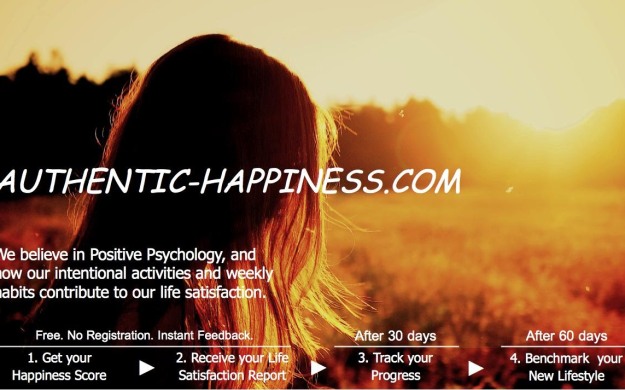Research suggests that certain personal attributes—whether inborn or
shaped by positive life circumstances—help some people avoid or
healthfully manage diseases such as heart attacks, strokes, diabetes,
and depression. These include:
* Emotional vitality: a sense of enthusiasm, hopefulness, engagement
* Optimism: the perspective that good things will happen, and that one’s actions account for the good things that occur in life
* Supportive networks of family and friends
* Being good at “self-regulation” i.e. bouncing back from stressful challenges and knowing that things will eventually look up again; choosing healthy behaviors such as physical activity and eating well; and avoiding risky behaviors such as unsafe sex, drinking alcohol to excess, and regular overeating...
Let's think about these four life happiness boosters as we look ahead into a new year.
Source: Sara Rimer, Madeline Drexler, Harvard School of Public Health, https://www.hsph.harvard.edu/news/magazine/happiness-stress-heart-disease/
► Authentic-Happiness.com, the #1 free global platform to shape your life
► Check your Happiness Score, get your Life Satisfaction report: free, no registration, instant feedback.

* Emotional vitality: a sense of enthusiasm, hopefulness, engagement
* Optimism: the perspective that good things will happen, and that one’s actions account for the good things that occur in life
* Supportive networks of family and friends
* Being good at “self-regulation” i.e. bouncing back from stressful challenges and knowing that things will eventually look up again; choosing healthy behaviors such as physical activity and eating well; and avoiding risky behaviors such as unsafe sex, drinking alcohol to excess, and regular overeating...
Let's think about these four life happiness boosters as we look ahead into a new year.
Source: Sara Rimer, Madeline Drexler, Harvard School of Public Health, https://www.hsph.harvard.edu/news/magazine/happiness-stress-heart-disease/
► Authentic-Happiness.com, the #1 free global platform to shape your life
► Check your Happiness Score, get your Life Satisfaction report: free, no registration, instant feedback.





